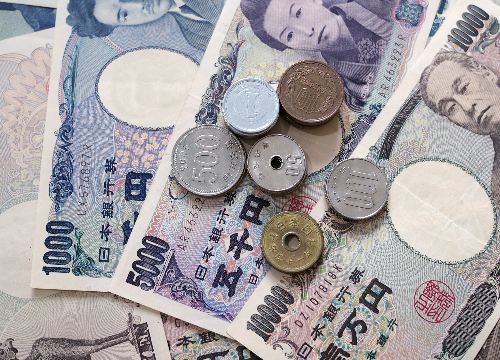Japanese Stocks Surge, Yen Weakens Amid PM Ishiba’s Resignation and Fiscal Uncertainty

Japanese equities climbed sharply on Monday as the yen weakened markedly following the unexpected resignation of Prime Minister Shigeru Ishiba, which has intensified concerns about Japan’s fiscal policy direction.
The Nikkei 225 index advanced 1.8%, nearing the record levels seen in mid-August, while the broader TOPIX index gained 0.9%. And the USD/JPY exchange rate rose 0.7% to 148.44 in morning trading, indicating a weaker yen despite general softness in the U.S. dollar. Market movements in both stocks and the yen appear to reflect speculation that increased political uncertainty will delay any interest rate hikes by the Bank of Japan.
Although the BOJ has maintained a relatively hawkish tone amid persistent domestic inflation pressures, it has refrained from raising rates since January, partly due to concerns over Japan’s economic outlook. The political uncertainty surged after Ishiba took responsibility for the crushing defeat his Liberal Democratic Party-led coalition suffered in July’s elections and subsequently stepped down on Sunday. Ishiba noted that his decision followed the successful conclusion of a trade agreement with the United States.
This resignation ushers in a phase of political unpredictability, with investors closely monitoring potential successors. Among the possible replacements is LDP veteran Sanae Takaichi, who has been openly critical of the BOJ’s rate increases. Other candidates have also advocated for increased fiscal spending and maintaining lower interest rates. Meanwhile, newly revised GDP figures released Monday indicated that Japan’s economy expanded more robustly in the second quarter than earlier estimated.
* The content presented above, whether from a third party or not, is considered as general advice only. This article should not be construed as containing investment advice, investment recommendations, an offer of or solicitation for any transactions in financial instruments.



